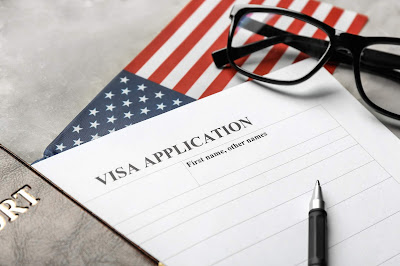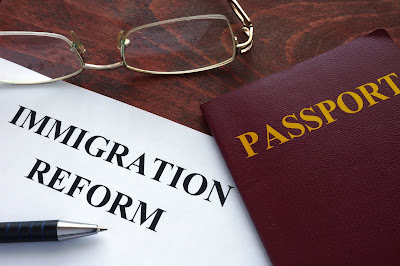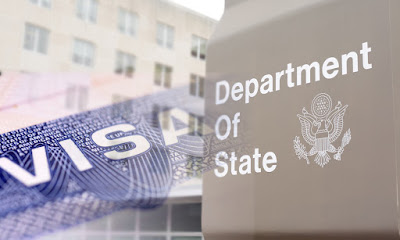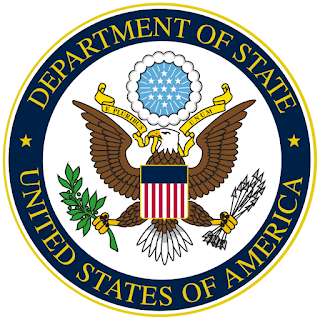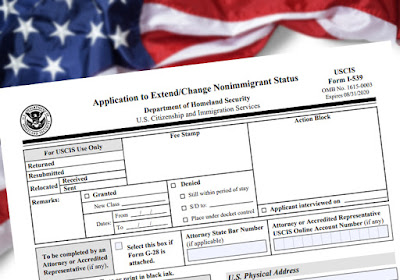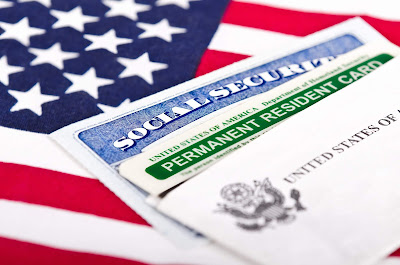Even if you are not a citizen of a particular country but you reside in that country, it is still possible to apply for a U.S. visa in your country of residence. Likewise, if you are a citizen of a country but you don’t live in that country, you may still be able to apply for a U.S. visa in that country. Suppose for example you are a Vietnamese citizen who is living and working in Singapore. Instead of flying back to Vietnam and apply for a U.S. visa at the U.S. Consulate in Ho Chi Minh City or the U.S. Embassy in Hanoi, you may nonetheless apply for your U.S. visa in Singapore. If however, if you live in Vietnam, have Vietnamese citizenship but you also obtained citizenship through investment in St. Lucia or the Commonwealth of Dominica, you may be able to apply for your U.S. visa either in Vietnam or at the U.S. Consulate in Barbados which has jurisdiction over St. Lucia and Dominica.
While most U.S. Embassies and Consulates allow those to attend visa interviews the country where they reside (citizens and non-citizens of the country), some Embassies and Consulates may restrict U.S. visa interviews to only those who reside in the country
For more information on applying for a U.S. visa in a country where you are not a resident or a citizen, contact us today at info@enterlinepartners.com and speak with an experienced U.S. immigration attorney.
ENTERLINE & PARTNERS CONSULTING
🏢 3F, IBC building, 1A Cong Truong Me Linh Str, District 1, HCMC.
📞 0933 301 488
📧 info@enterlinepartners.com
